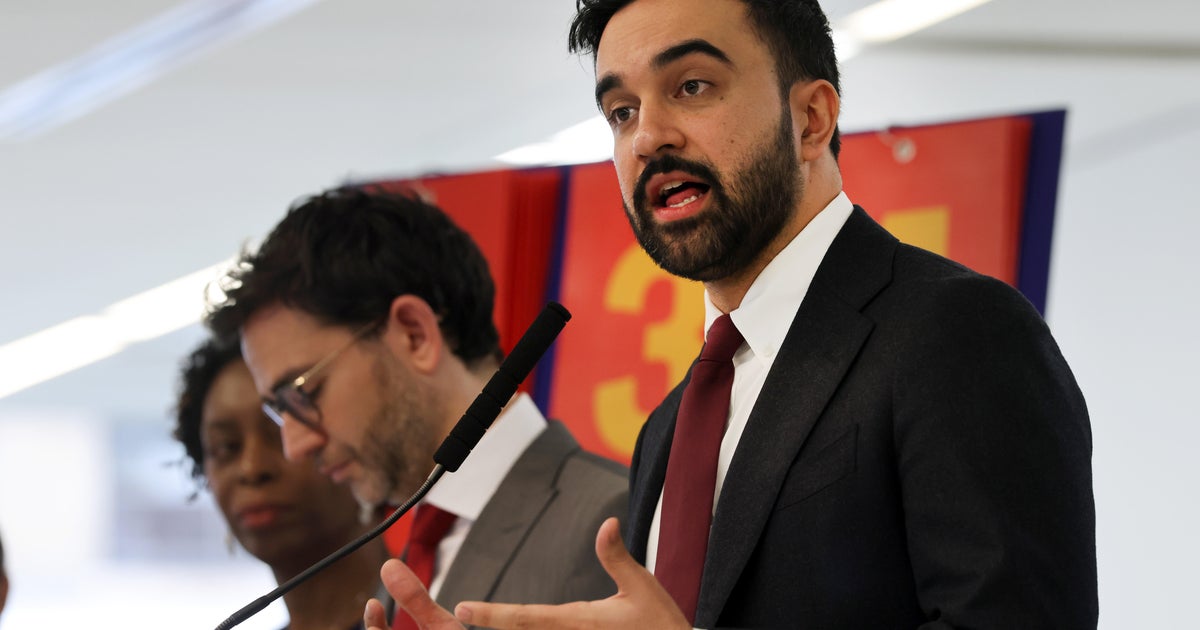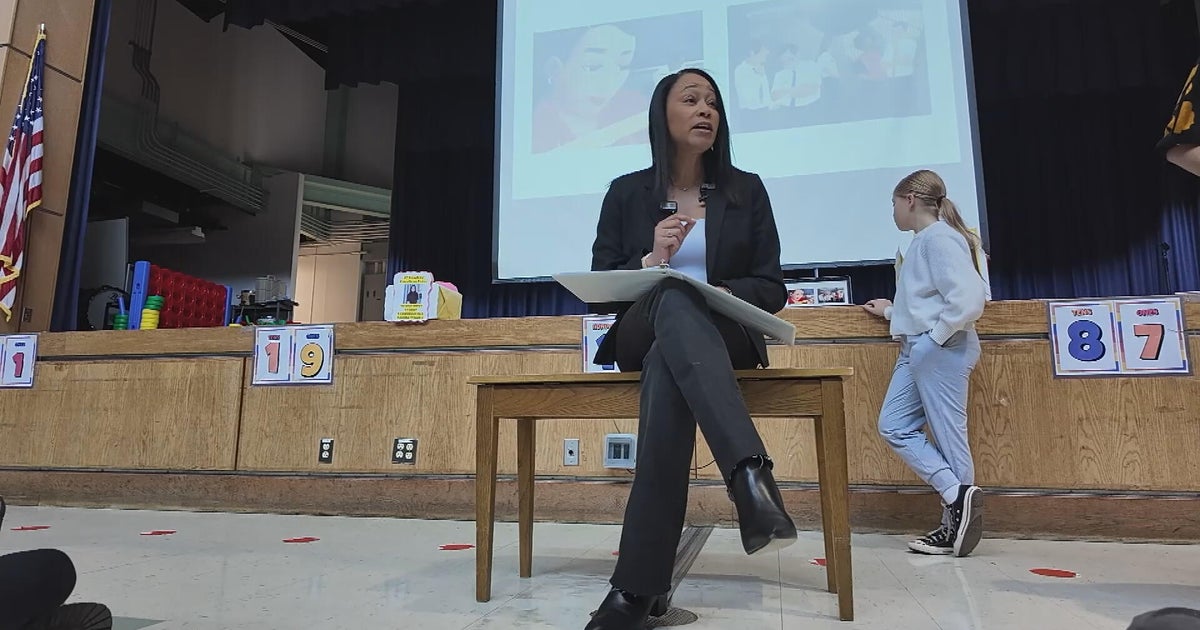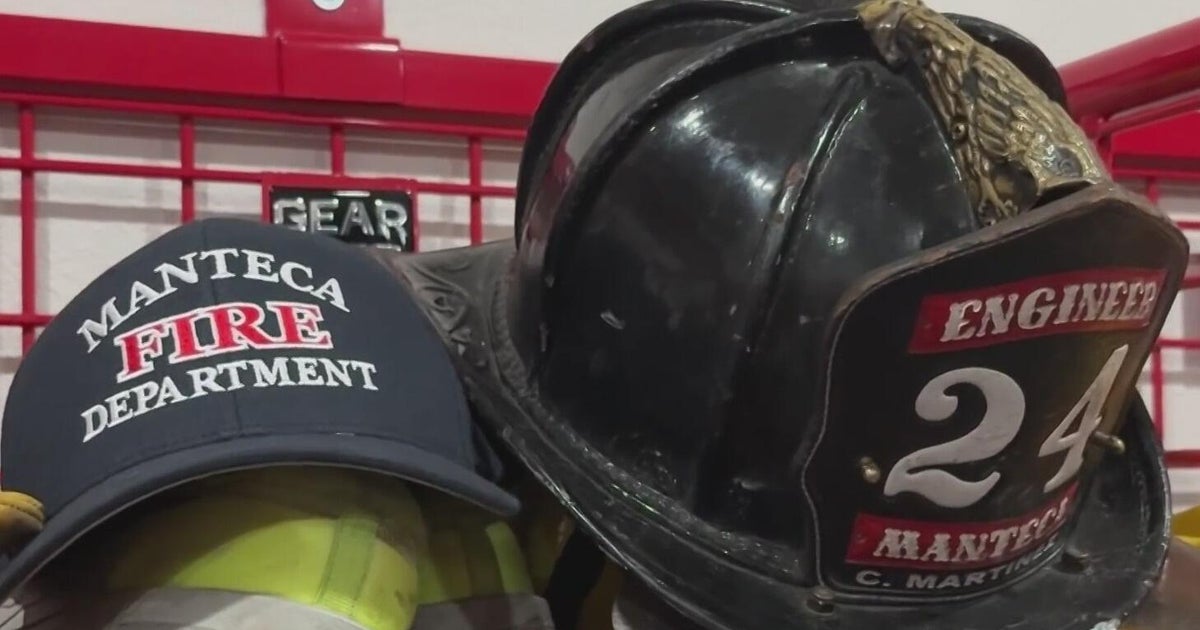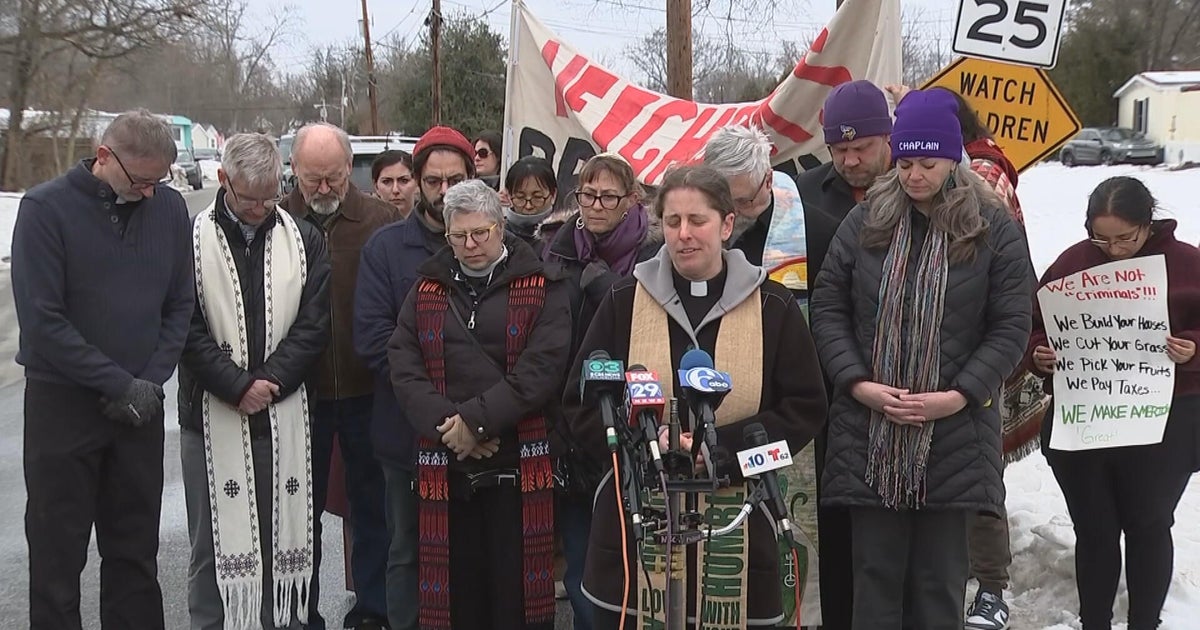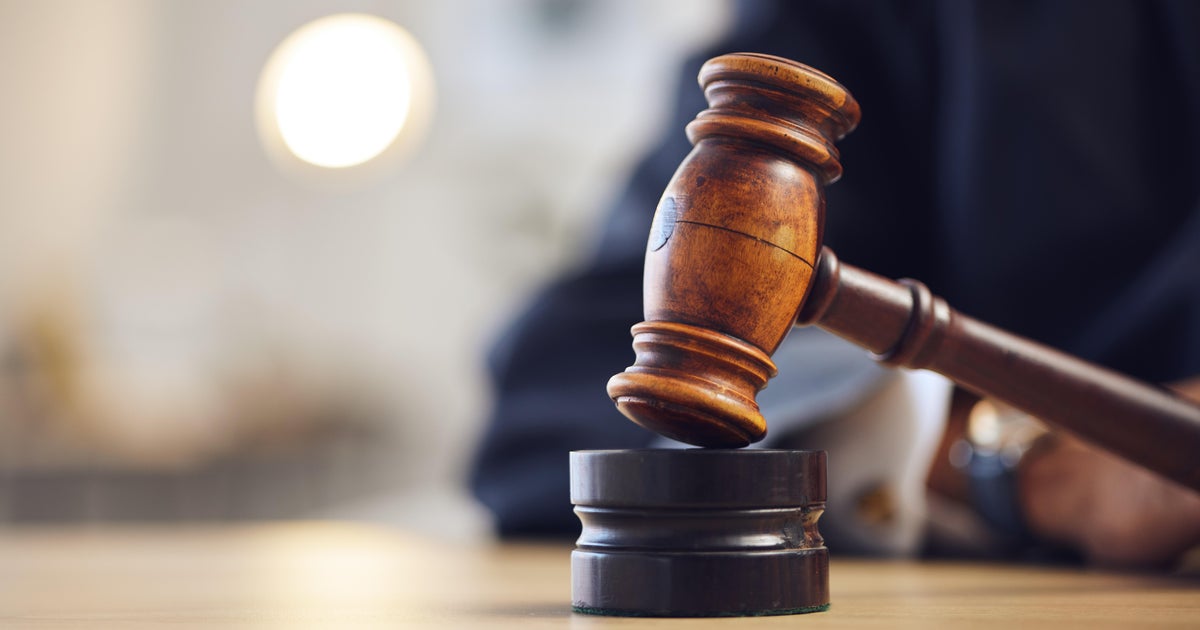Why Uber & Lyft Could Be Bad News
FORT LAUDERDALE (CBSMiami) -- With ride-sharing apps Uber and Lyft coming to South Florida this summer, many raved about it's arrival but what about the other side of the argument like why Uber may be a terrible idea for you.
A year ago, Miami-Dade cab drivers protested in front of county hall. They made lots of noise over terrible working conditions, terrible pay, and terrible hours. They explained it adds up to a terrible customer experience. Politicians were puzzled how to fix it. Miami-Dade's tourism chief Bill Talbert pleaded with commissioners to do something.
"Basically, in terms of this ground transportation, it's broken. It needs to be fixed. We're mad as hell and we are not going to take it anymore." he told them. The response was a series of new policies to police the cab drivers. The changes did nothing to improve the driver's situation. The cab owners, who mostly rent out their permits to drivers, called it a victory.
Fast forward to June when ride sharing company Lyft decided to open shop in Miami. The company essentially decided to ignore the county's policies and threats of tickets. A few weeks later Uber, Lyft's competitor, opened up in Miami as well. Cab drivers immediately began jumping ship. Both ride-sharing companies sport a spiffy app that shows you how far your ride is away, who the driver is, and how much your trip will cost you. Cab drivers like Miguel Lantigua now drive their own car and give Uber 20 percent of whatever the app steers their way. In the first few weeks of driving Lantigua said his income skyrocketed while his workday shortened.
"This is like a network now. This is more like Facebook and Twitter of transportation. This is changing the way of transportation. That is what this is doing," Lantigua said.
Happier drivers, clean newer cards, a sleek app. What's not to love?
It's enough for many people to look past the fact Uber and Lyft is operating in Miami-Dade without a license. Uber argues they can work here without a license because their a ride-sharing app, not a taxi company.
"This type of service didnt exist when the rules were written. So there is no concept of the ability to offer this type of service." said Billy Guernier with Uber.
Miami-Dade disagrees and has been slapping Uber and Lyft drivers with thousand dollar tickets when they catch them. With unmarked cars it's not easy.
About a month ago Uber expanded into Broward County, without a license again.
John Camillo, who operates Broward largest cab company Yellow Cab, feels insulted.
Camillo invited CBS4's David Sutta to his operation to explain. He showed them around the property and pointed to stickers on his fleet of cars. The permits he was pointing at allow his cars to operate at the air and sea port.
"How much does this cost you to do this?" Sutta asked him. Camillo didn't even hesitate with an answer.
"We pay in fees and taxes in Broward County around $2.4 million a year," said Camillo.
That's a lot of money. Money that Uber is not paying at all.
Sutta asked, "John, do you have a problem with that?"
He fired back by saying, "I think that that's a problem. Don't you?" Camillo continued, "We have worked within a regulated environment for 54 years and we have complied with and tried to give the best product we could. I think that somebody because they have a phone app, which I've shown you we have had one for almost 4 1/2 years now, come in and operate illegally. I have a problem with that."
Camillo asked Sutta to pull out his phone and download his app which allows you to order a cab in Broward County. It's definitely not as sleek as his competition but the fundamentals are there.
"You can't destroy a well regulated industry because somebody has a phone app," said Camillo.
Sutta argued the other side by saying, "This is free market. This is competition. This is good."
Camillo didn't miss a beat.
"Well if there is a free market and competition than what you are going to do is remove the rate regulations."
He made an important point. When you order up a cab ride, the rates are pre-set by the county. With Uber it's based on supply and demand.
Now-a-days, Uber may be a cheaper ride. Tomorrow it may not.
There are horror stories in other cities with Uber like $30 rides suddenly becoming $180 because demand is high. There is another word for that and it's called gouging.
Regulation is often considered a dirty word when it comes to innovation. Basically, it can stifle it. John was quick to point out regulation benefits customers too.
"Do they want to eat in a restaurant that hasn't been inspected by the health department? Do they want to sleep in a hotel that isn't inspected by the fire department? Do they want to ride in a car that doesn't have good tires or brakes? Or a driver that has been vetted," Camillo asked.
Camillo showed them a line of cars going through an inspection. His 700 taxis and sedans cars go through bi-weekly inspections. He points out how his companies regulation, when done right, improves service. Each of his cabs are outfitted with cameras to capture bad driving habits.
He took them into a classroom and begins playing footage back.
"This is a driver who was seen on video driving through a light that was red,"Camillo explained. He showed more examples.
The cameras captured speeding, following too closely, and eating while driving. This means the driver ends up in a classroom when they are caught.
Camillo took them to a building at the corner of the depot. Inside were a handful of drivers taking a course.
Broward's Yellow Cab said they spend $400,000 on their Drive-Cam program. It's stark contrast from what is occurring just a few miles South in Miami-Dade. Sutta asked "John there is no law that's saying you have to do this?" He responds "No. We do it because this is our social responsibility. This responsibility for our drivers and our passengers and the people who operate on the road with them."
Sutta and the crew walked into the cashier department. In Miami-Dade drivers rent their cars and permits with cash. It's the only form of payment allowed in many companies. Many drivers suspect it's to cheat taxes. But in Broward's Yellow Cab office there is no cash. They accept credit and debit cards for rental fees. Camillo explains it's just safer for them. It also means a better chance everything is being run on the books. On the road the drivers still take cash. It's important because according to Yellow Cab many of their local passengers, who are not tourists, don't have credit cards.
"An overwhelming vast majority of a passengers don't have a smart phone." Camillo explains.
John went on and on explaining how cab companies can get it right. It made the crew wonder why Miami-Dade has it so bad.
Why can't Miami-Dade do it like Broward's Yellow Cab is doing it?
We wouldn't even need Uber or Lyft. Camillo replied, "Well I can't answer for Miami-Dade. I can just answer for Yellow Cab here in Broward."
In short it appears to be a taxi company issue. Dade's cab companies are taking the cash while drivers and the cars are not getting much innovation or re-investment. Uber competition with its newer cars, technology, credit cards, may force Miami-Dade cab companies or politicians to change that.
John has a different proposal for Broward County which is don't compete but join forces with Uber.
"We've invited Uber to come. They have a product called Uber Taxi. And I've asked them to come and do their Uber Taxi and Uber Black car in our cars. And they haven't called me back," said Camillo.
Sutta asked Uber's General Manager why they hadn't responded.
"I'm not aware of any conversations with taxi companies in Broward county. We are open to talking to anybody," said Guernier.
While everyone is available to talk, and clearly not talking, Uber continues it's rogue operation challenging the law.
"We are pro-innovation. We are pro-regulation that makes sense, and that protects innovation. So we are open to helping craft those regulations in Broward just like we are working on in Miami-Dade," Guernier explained.
Meanwhile, Camillo believes rules and regulation serve a purpose.
"I believe they do serve a purpose. If there is a need to change rules and regulations there is a process for that. But the process is not to work illegally and say give me what I want or we are going to work illegally. That's not the American way," Camillo said.
Uber told CBS4 they are talking to politicians, trying to craft new rules for them to operate legally in South Florida.
In other cities where Uber has been around for a while, more and more critics are appearing even Uber's drivers. They claim they are underpaid and overworked. It may sound familiar. Broward County, like Miami-Dade, has begun issuing tickets to Uber drivers. At last count more than 30 drivers had been cited.
RELATED CONTENT:
